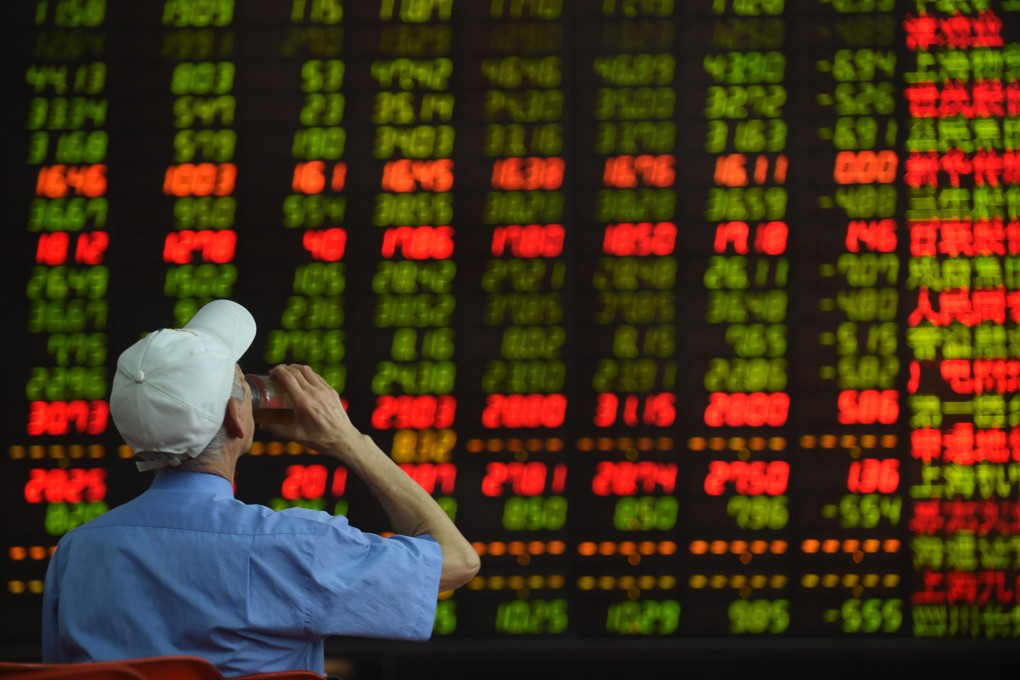Advertisement
Alibaba, JD.com dent Hong Kong stock market as Shanghai lockdown, economic report heighten slowdown concerns
- The Hang Seng Index slipped as Alibaba, JD.com and other tech leaders surrendered gains from two days of rebound
- Shanghai reported a record number of Covid-19 cases even amid an extended lockdown around the financial hub; China’s services sector slumped in March
Reading Time:2 minutes
Why you can trust SCMP
1

Hong Kong stocks fell by the most in a week after Shanghai reported a record number of Covid-19 cases amid an extended lockdown around the financial hub, while a private report indicated China’s economic activity cooled further last month.
The Hang Seng Index tumbled 1.8 per cent to 22,080.52 at the close of Wednesday trading, ending a two-day advance. The Tech Index slipped 3.8 per cent while the CSI300 Index of onshore shares retreated 0.3 per cent following a two-day public holiday.
JD.com slumped 4.8 per cent to HK$234.80 while Alibaba Group Holding retreated 5.4 per cent to HK$107.60. Meituan and NetEase lost at least 3 per cent while Techtronic Industries and Lenovo Group slid more than 6 per cent.
Shanghai logged a record 17,007 new Covid-19 cases on Wednesday, boosting the national caseload to its highest since the first outbreak in early 2020 as the city’s 25 million residents face a longer period of movement curbs. Shanghai’s economy is about 4 per cent of the size of China’s gross domestic product.
Investors “are afraid of how the lockdowns could further impact the economy, given that many are already expecting China to fall short of their GDP target,” said Paul Pong Po-lam, managing director of Pegasus Fund Managers in Hong Kong.
The Caixin China PMI services index fell to 42 in March from 50.2 in February, the lowest since the onset of the pandemic in February 2020, according to a report on Wednesday. That is also worse than the consensus of 49.7 among economists tracked by Bloomberg. A reading below 50 indicates contraction in activity.
Advertisement